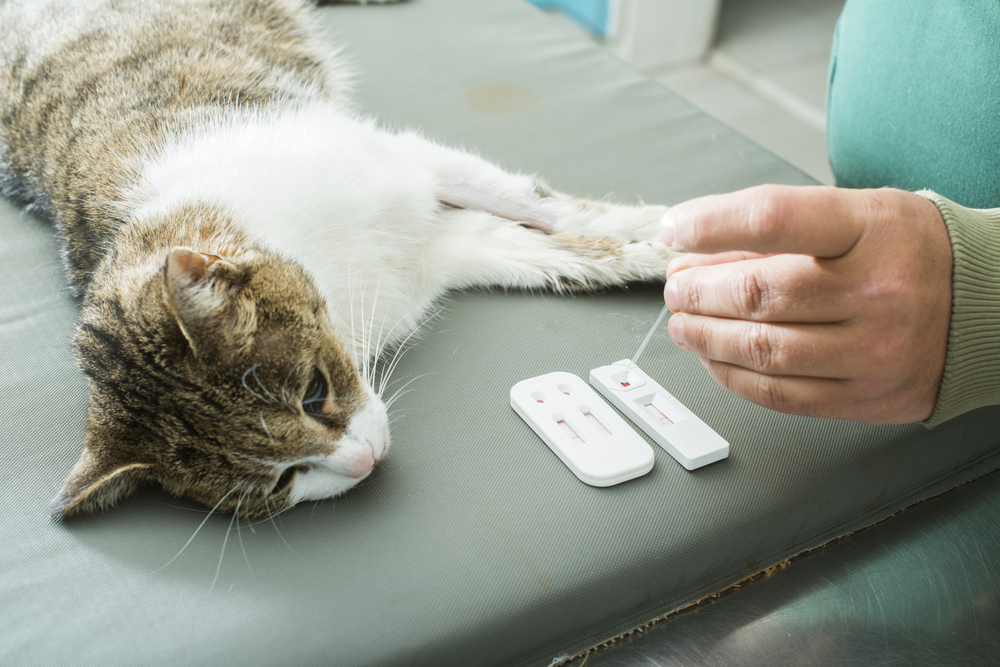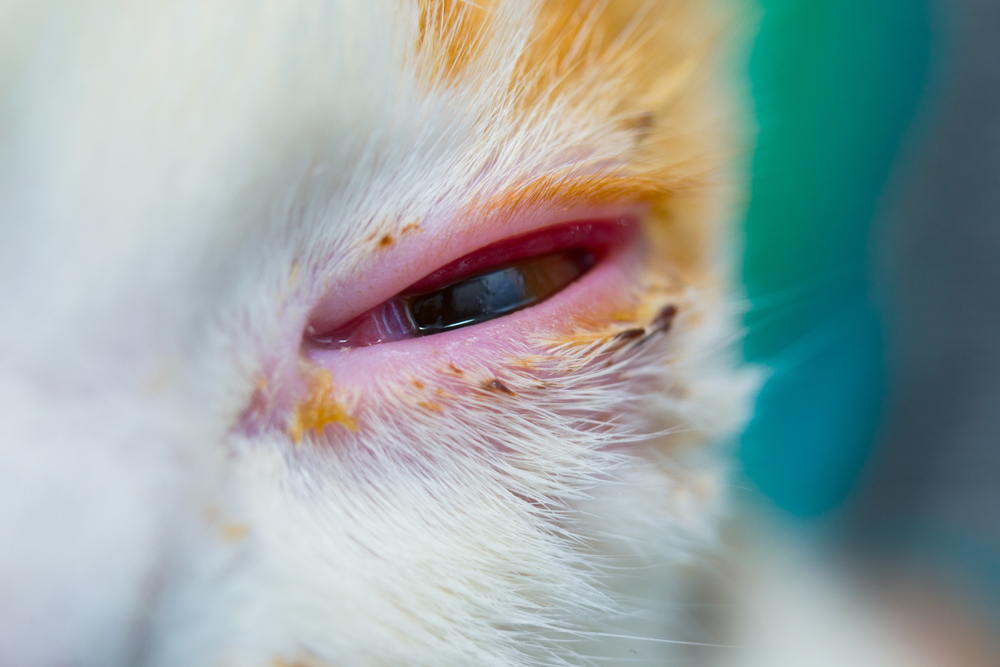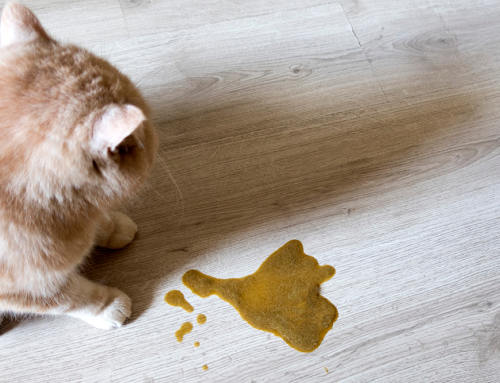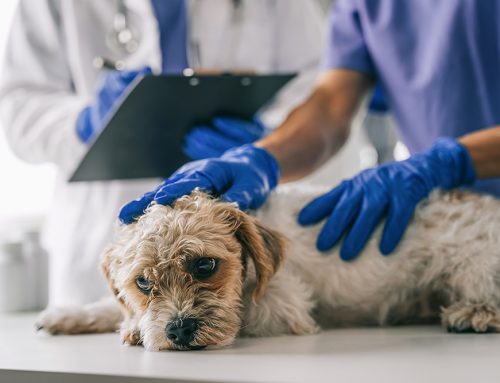Feline viral diseases pose significant health risks to our feline companions. Viruses are some of the top reasons cats visit our Wellness Animal Hospital team and can cause symptoms that range from harmless sniffling and sneezing, to life-threatening immune suppression. Understanding viral diseases and their prevention or management is essential for every cat owner. We address common questions about feline viral diseases to help cat owners keep their furry pals safe.
Question: What are feline viral diseases?
Answer: Feline viral diseases are a collection of common infectious illnesses caused by cat-specific viruses. Although viral illnesses in cats can look similar to infections in dogs, humans, and other animals, feline viruses are passed only from cat to cat. Viral diseases can range from mild to life-threatening and acute to chronic, depending on the virus and the infected cat’s overall health status.
Q: What are the most common feline viral diseases?
A: Common feline viral diseases include:
- Feline herpesvirus — FHV-1 infects nearly all cats, causing short-term upper respiratory illness and then becoming dormant in the body. FHV-1 can reactivate throughout a cat’s life, sometimes causing chronic respiratory and eye issues.
- Feline calicivirus — FCV is a common upper respiratory virus that usually causes minor symptoms like sneezing or runny nose, but rarely causes severe systemic illness or death.
- Feline immunodeficiency virus — FIV in cats is similar to HIV in humans. FIV causes no symptoms at first, but then progresses to attack the immune system. Cats with FIV may have an average lifespan or may struggle with chronic health problems.
- Feline leukemia virus — FeLV is similar to FIV, but tends to be more serious. This virus predisposes cats to develop inflammatory diseases, infections, and cancer, because it alters immune function.
- Feline coronavirus — FeCV is a common enteric viral infection that causes brief, self-limiting diarrhea in most cats. In some cats, this virus mutates and causes the often fatal feline infectious peritonitis (FIP).
Q: How are feline viral diseases transmitted?
A: Feline viral diseases are transmitted from cat to cat through direct contact, contaminated objects, bodily fluids, or aerosolized virus particles. Cats living in feral colonies, shelters, catteries, and multi-cat households are at high risk for contracting viruses.
Q: What are feline viral disease symptoms?
A: Viral disease signs and symptoms vary depending on the virus and the severity of the cat’s illness. Common signs of a virus in your cat include:
- Fever
- Enlarged lymph nodes
- Lethargy
- Sneezing
- Nasal discharge
- Eye discharge
- Vomiting
- Diarrhea
- Weight loss
- Poor appetite
- Recurrent bacterial infections
Q: How do veterinarians treat feline viral diseases?
A: Unfortunately, antibiotic medications do not affect viruses. Mild upper respiratory infections often resolve without treatment, but chronic or more severe infections may require supportive care. Treatments may include hospitalization, IV fluids, antibiotics for secondary infections, and breathing treatments. In some cases, a short antiviral drug course may be helpful.
Q: How can I prevent viral diseases in my cat?
A: Prevention is the key to protecting your cat from viral diseases. Vaccinations against FHV-1 and FCV are included in the feline core vaccine series and necessary for all kittens and adult cats. These vaccines do not completely prevent infection, but they significantly reduce infection severity. The highly effective FeLV vaccination is recommended for all kittens and may be recommended for some adults. Other prevention strategies include keeping your cat indoors, testing all new cats for viral diseases, and keeping your home clean.
Q: Should my cat be tested for viruses?

A: Tests for upper respiratory viruses are not usually necessary. However, all cats should be tested for FIV and FeLV, because these cause life-long infections that can be passed to other cats. We recommend screening all kittens and re-testing adult cats when illness signs or symptoms develop.
Most cats will develop at least one viral disease in their lifetime. Contact our Wellness Animal Hospital team if your cat shows viral illness signs, to schedule an FIV/FeLV screening test, or to update your cat’s viral disease vaccinations.







Leave A Comment